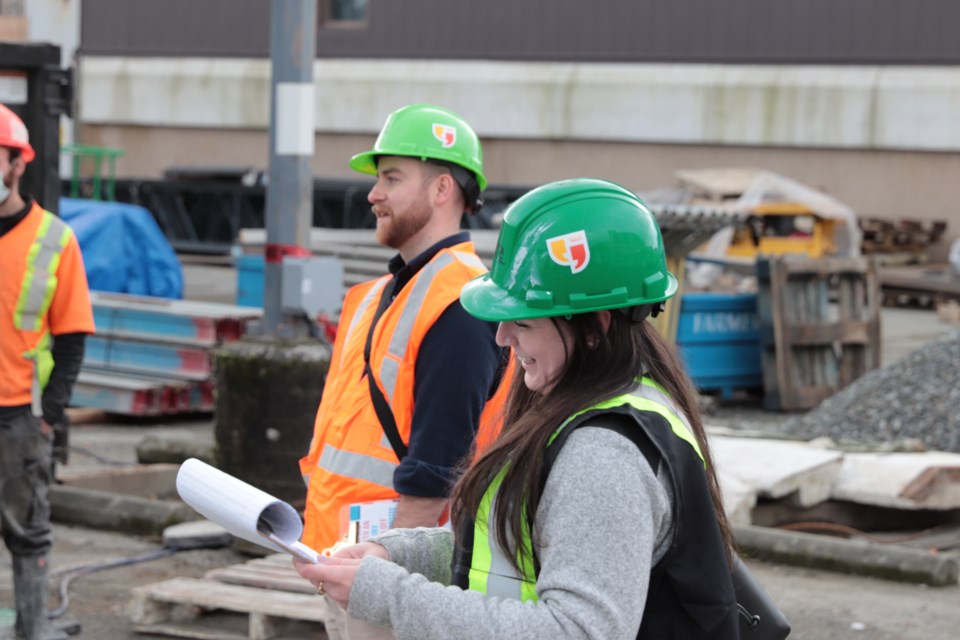Pain, stigma, silence and suffering.
Each are precursors to tragic outcomes and each are contributing to a generational poisoned drug supply crisis that knows no boundaries, whether they be age, gender, or income.
Construction associations across British Columbia know these realities all too well. And the is spearheading an initiative based on compassion and understanding to help break those cycles.
Enter , which aims to increase access to harm reduction services and ideas for those working in the construction, trades, logging or transportation industries, as well as increase awareness of the poisoned illicit drug supply in ÎÚÑ»´«Ã½
“The illicit drug poisoning epidemic that is plaguing the country and the province is not just affecting the unhoused population, it’s affecting everyone,” explains VICA CEO Rory Kulmala. “This is an opportunity for us to work within the industry that we know and help folks who may be dealing with substance use or mental health issues.”
The precedent for this project comes from the 2018 BC Coroner’s Report “Illicit Drug Overdose Deaths in BC: Findings of Coroners’ Investigations,” which investigated demographic trends among those who had died due to a drug poisoning event. The construction, trades and transport industries are overrepresented – of the 44 percent of people who were employed at the time of their death, 55 percent worked in those fields.
The reasons are many and complex. Construction is an inherently physical job where injuries can occur and when pain medication prescriptions expire, it can lead to some relying on illicit substances.
“There’s also a work-hard, play-hard attitude that young men in general have and that encompasses the construction industry as well, where they are using recreationally and are now dying because of the poisoned drug supply,” Kulmala says.
How The Tailgate Toolkit promotes a positive change
The Tailgate Toolkit Project consists of four main components.
On site/virtual toolbox talks see regional coordinators lead introductory conversations about substance use, mental health, the current toxic drug supply and what harm reduction/recovery services are available in each region of the province.
Supervisory training is a professionally accredited course for site and company leaders. The training includes four, half-day workshops to help industry leaders support their staff and encourage positive and proactive working cultures. Throughout the course, participants gain perspectives from industry experts, lawyers and Indigenous leaders to gain a more fulsome understanding of managing their staff’s mental health, substance use issues, or pain management.
In partnership with the Umbrella Society, an online industry support group is available virtually weekly to assist tradespeople who are struggling with mental health or substance use issues, and to provide guidance to those who want to help others. This group is not a step-program and you do not need to be sober to attend.
“This is a real community-like setting to discuss your experiences and your struggles so you’re not feeling so isolated,” Kulmala says.
Perhaps the most wide-reaching tool is the extensive, regional resource guides for those in the construction/trades industries. Fourteen different guides are issued across ÎÚÑ»´«Ã½ that highlight region-specific resources related to mental health and drug use services.
“A lot of the work we’re doing is reducing the stigma and fostering an environment where it’s OK to speak up if you are struggling or if you see someone you suspect may be struggling,” Kulmala says.
To learn more about this life-saving initiative, visit .



